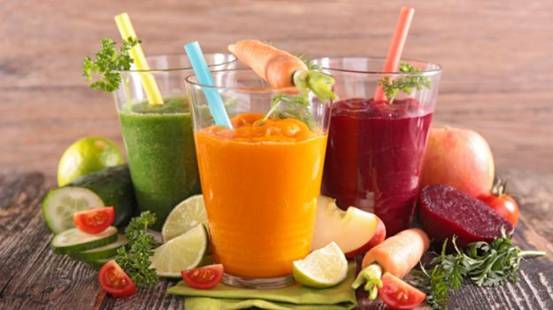A Liquid diet replaces all of your meals with, well, liquids: juices, soups, and shakes. Although it’s marketed as a quick method to lose weight, lessen bloating, and alleviate digestive issues, would you be better off sticking with solid foods?
Liquid diet
This diet offers cleansing, detoxification, and weight loss. They promise to have a solution—albeit a pricey one—to your health concerns and difficulties, ranging from protein drinks to cold-pressed juices. They might not, however, be the solution. You ought to consider this diet. Here, we outline what a liquid diet recipes entails, any potential advantages, and many disadvantages.
Why You May Need This Diet
You may need to be on a full diet right before a medical test or procedure, or before certain kinds of surgery. It’s critical to adhere to the diet precisely to prevent issues with your treatment, surgery, or test results.
You also may need to be on a full diet for a little while after you have had surgery on your stomach or intestine. If you are experiencing difficulty eating or swallowing, you might also require following this diet. If you are prescribed this diet for dysphagia swallowing difficulties, your speech pathologist will give you more specific guidelines. Sometimes the full liquid diet is a step between a clear diet to your regular diet.
Foods to stay away from while eating just liquids:
Any solid meals should be avoided when on a completely liquid diet. This implies avoiding eating fruits or vegetables with the skin or seeds that are raw, cooked, or canned.
Other foods to stay away from are:
- Mashed veggies and fruits, like mashed avocado
- Seeds and nuts
- Soft and hard cheeses
- Soups that contain noodles, rice, or other ingredients
- Ice cream with solids
- Bread
- Entire grains, including cereals
- Both real and imitation meats
- Various carbonated beverages, such as soda and sparkling water
Aside from avoiding orange juice, those who have had stomach surgery may also wish to avoid other acidic fruit and vegetable juices.
These liquids could make you burn. Ask your doctor about taking liquid vitamin C supplements if you’re worried about your vitamin C intake.
Is consuming only liquids healthy?
No. As it could not provide you with adequate fiber, vitamins, or minerals, this is not the greatest option for a diet program. Only follow a complete liquid diet if advised to do so by a medical practitioner for a particular condition.
How Much Water Should You Drink?
Try to finish the day with at least 64 ounces of liquid.
That is simply quantifiable. However, one difficulty with a liquid diet is determining if you’ve had enough food for the day. Have enough to feel content in general.
However, it’s usual to feel full fast if you have certain digestive issues, are recuperating from an illness, or have just had surgery. It’s possible that the pain begins before you’ve had enough calories to feel well satisfied.
Every 15 minutes, start by drinking as much as you can comfortably manage. Instead of attempting to drink more in one sitting, consider sipping from a small glass.
You might need to schedule your liquid meals six to eight times each day. You need proper liquid diet recipes for best results.





























